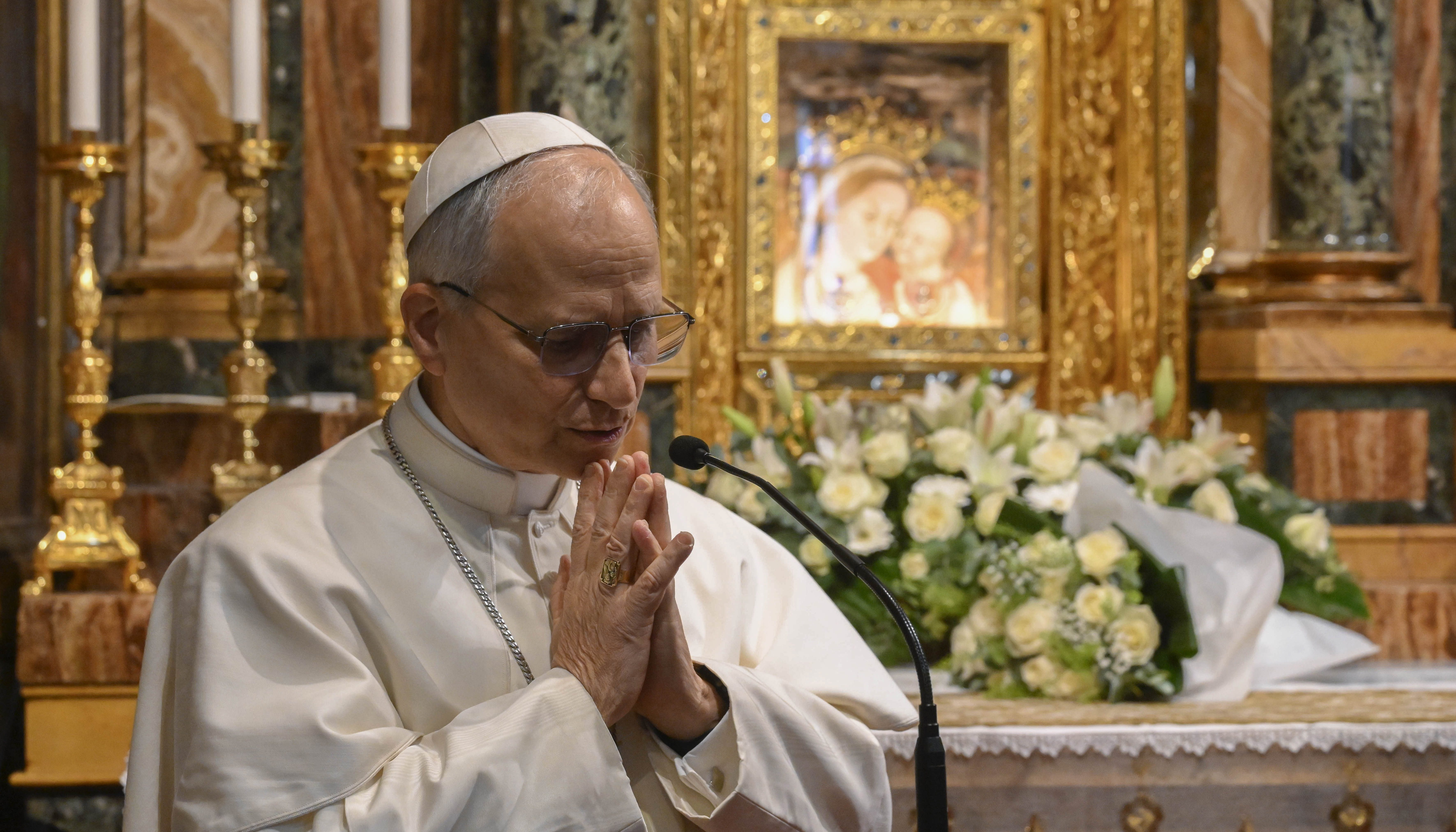AI Refuge: 17% Avoid Judgment, But Connection Matters!
AI: Your Coworker's Secret Weapon? Employees Choose Bots Over Judgement
Introduction: The Rise of the AI Coworker
We live in a world increasingly shaped by artificial intelligence. From self-driving cars to personalized movie recommendations, AI is permeating every aspect of our lives. But what about the workplace? As AI becomes more advanced and prolific, employees are finding new ways to use it, not just to boost productivity, but also to navigate the sometimes tricky social dynamics of their jobs.
The Microsoft Report: Unveiling the AI Adoption Trends
In Microsoft’s recent "2025: The Year the Frontier Firm Is Born" report, the company delved into how people are using AI in the workplace. They surveyed 31,000 workers across 31 countries to understand the evolving relationship between humans and AI. The central question? "In the past year, which tasks have you relied more on AI for than a human colleague?" Alexia Cambon, senior research director at Microsoft, reveals the surprising answers.
AI for Information and Analysis: A No-Brainer?
The report found that workers are increasingly turning to AI for tasks like information search, data analysis, brainstorming, and creative thinking. It's easy to see why. AI offers instant access to vast amounts of information, can crunch numbers faster than any human, and can generate a seemingly endless stream of ideas. But what's driving this shift beyond simple efficiency?
The Emotional Connection: Why Choose AI Over Colleagues?
Microsoft’s follow-up question was crucial: “Why?” While many cited AI’s 24/7 availability and its “endless stream of ideas on demand,” some revealed more emotional reasons. And this is where things get interesting. The human element – or the avoidance of it – plays a significant role in the increasing reliance on AI.
17% Seek Refuge in AI: Avoiding Coworker Judgement
Nearly a fifth, 17% of people working on the aforementioned tasks turn to AI more than a colleague due to fear of judgement, says Microsoft’s 2025 report. Can you believe it? In a world where collaboration is often touted as the key to success, a significant number of employees are actively choosing to interact with AI to avoid potential criticism or negative perceptions.
H3: Fear of Judgement: A Common Workplace Anxiety
Why the fear? Perhaps they worry about appearing incompetent, fear ridicule, or simply want to avoid office politics. The workplace can be a breeding ground for anxieties, and AI offers a safe, non-judgmental alternative.
The Price of Efficiency: Is Workplace Connection Suffering?
While AI offers efficiency and freedom from judgement, it’s crucial to consider the potential drawbacks. Are we sacrificing genuine human connection at the altar of productivity? Is the rise of the AI coworker contributing to a sense of isolation and disconnection in the workplace?
Workplace Connection: A Key to Happiness
The report also highlights the importance of workplace connection for employee well-being. Building strong relationships with colleagues is not just about collaboration; it's about fostering a sense of belonging, purpose, and overall happiness. Numerous studies have shown that strong social connections at work can lead to increased job satisfaction, reduced stress, and improved mental health.
H3: The Power of Human Interaction: Beyond the Algorithm
While AI can provide information and generate ideas, it can't offer empathy, understanding, or the unique perspectives that come from human interaction. The ability to bounce ideas off a colleague, receive constructive criticism, and share experiences is invaluable for personal and professional growth.
Finding the Balance: Leveraging AI While Nurturing Relationships
The key is not to abandon human interaction altogether but to find a balance. How can we leverage the power of AI to enhance our work without sacrificing the essential human connections that contribute to our well-being? It's a question that organizations and individuals alike need to address.
H3: Strategies for Fostering Workplace Connection in the Age of AI
Here are some strategies for nurturing workplace relationships in the age of AI:
- Encourage team-building activities: Organize social events, workshops, or volunteer opportunities to foster camaraderie and connection.
- Promote open communication: Create a culture where employees feel comfortable sharing ideas, asking questions, and offering feedback without fear of judgement.
- Facilitate mentorship programs: Pair experienced employees with newer ones to provide guidance, support, and a sense of belonging.
- Embrace hybrid work models: Offer flexible work arrangements that allow employees to balance remote work with in-office interaction.
The Manager's Role: Creating a Supportive Environment
Managers play a crucial role in fostering a supportive and inclusive work environment. By creating a culture of trust, respect, and open communication, they can encourage employees to seek support from their colleagues rather than relying solely on AI.
H3: Leading with Empathy: The Antidote to AI Isolation
Managers can lead by example, demonstrating empathy, active listening, and a genuine interest in their employees' well-being. This can create a ripple effect, encouraging others to do the same.
Beyond Productivity: Investing in Employee Well-being
Ultimately, the future of work lies in prioritizing employee well-being. Companies that invest in creating a supportive, connected, and inclusive work environment will reap the rewards of increased employee engagement, productivity, and retention.
H3: The ROI of Happiness: A Business Imperative
Happy employees are more productive, creative, and loyal. Investing in their well-being is not just the right thing to do; it's a smart business strategy.
The Future of Work: A Human-AI Partnership
The rise of AI in the workplace doesn't have to mean the demise of human connection. By embracing AI as a tool to enhance our work, while also prioritizing the essential human elements of collaboration, empathy, and social connection, we can create a future of work that is both productive and fulfilling.
H3: Embracing the "And": AI *and* Human Connection
It's not about choosing between AI and human interaction; it's about embracing the "and." We can leverage the power of AI to automate repetitive tasks, analyze data, and generate ideas, while simultaneously fostering strong relationships with our colleagues and creating a supportive, connected work environment.
Conclusion: Finding Harmony in the Age of AI
The Microsoft report highlights a fascinating trend: employees are increasingly turning to AI to avoid coworker judgment. While AI offers efficiency and a non-judgmental approach, it's crucial to remember that workplace connection is vital for happiness and well-being. Companies and individuals must find a balance, leveraging AI's strengths while nurturing human relationships to create a productive and fulfilling work environment. Let's strive for a future where AI and human connection coexist harmoniously, enriching our work lives and contributing to our overall happiness.
Frequently Asked Questions
Q: Why are some employees choosing AI over human coworkers?
A: The Microsoft report suggests that fear of judgment is a significant factor. Some employees may worry about appearing incompetent, being criticized, or navigating office politics, leading them to seek the non-judgmental assistance of AI.
Q: How does workplace connection impact employee well-being?
A: Strong social connections at work can lead to increased job satisfaction, reduced stress, improved mental health, and a greater sense of belonging and purpose.
Q: What can companies do to foster workplace connection in the age of AI?
A: Companies can encourage team-building activities, promote open communication, facilitate mentorship programs, and embrace hybrid work models that balance remote work with in-office interaction.
Q: What role do managers play in creating a supportive work environment?
A: Managers can create a culture of trust, respect, and open communication, encouraging employees to seek support from their colleagues and leading by example with empathy and active listening.
Q: Is AI a threat to human connection in the workplace?
A: Not necessarily. AI can be a valuable tool, but it's essential to find a balance, leveraging AI's strengths while prioritizing human relationships and creating a supportive, connected work environment.

